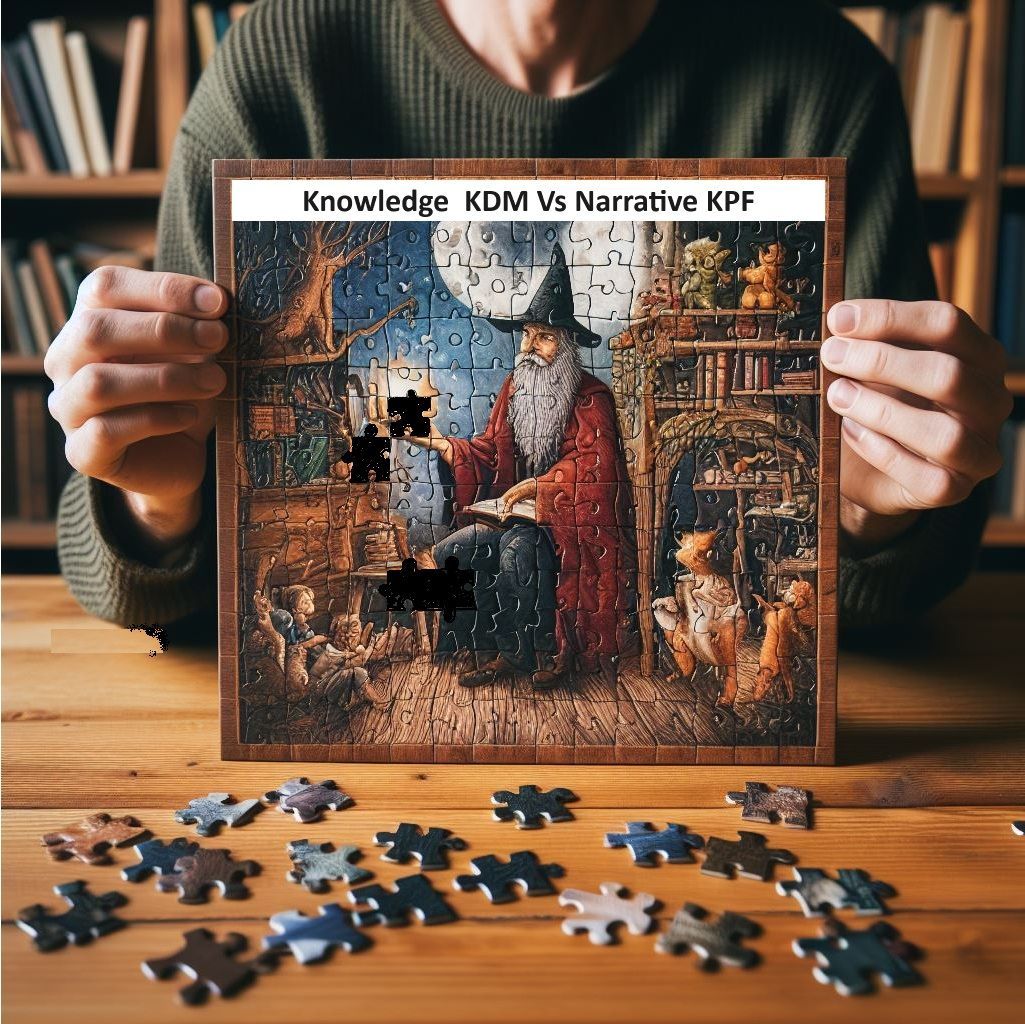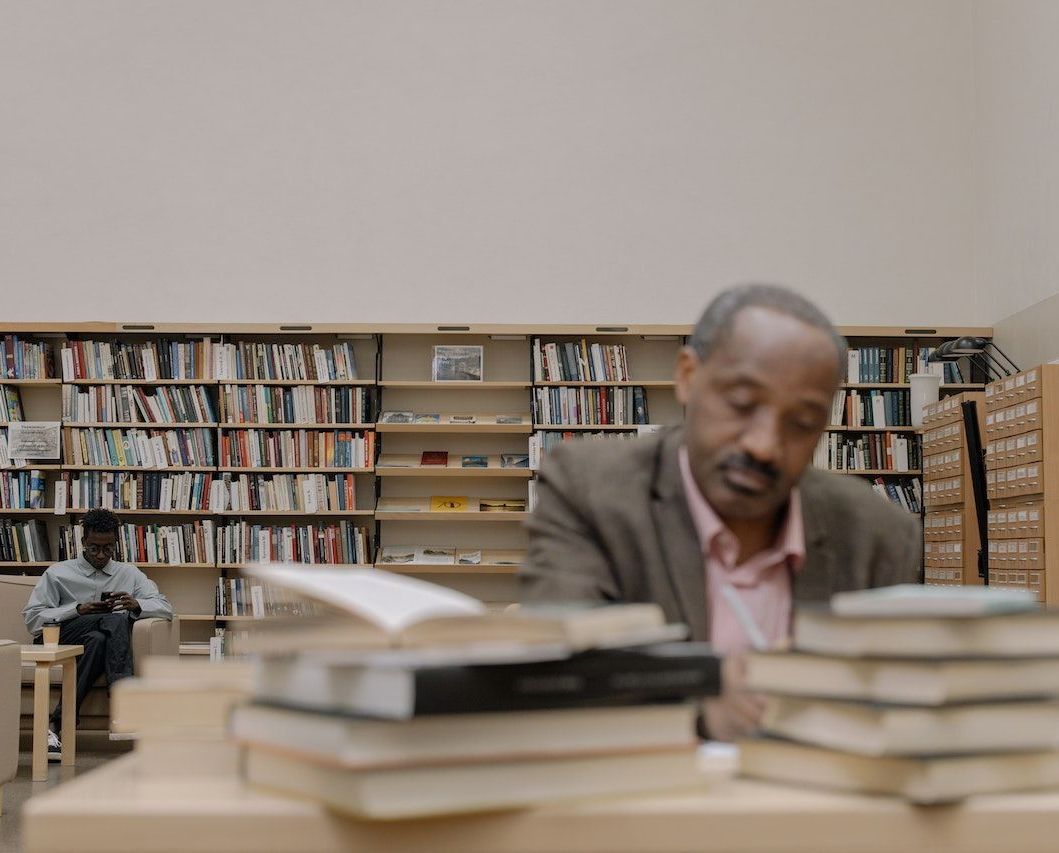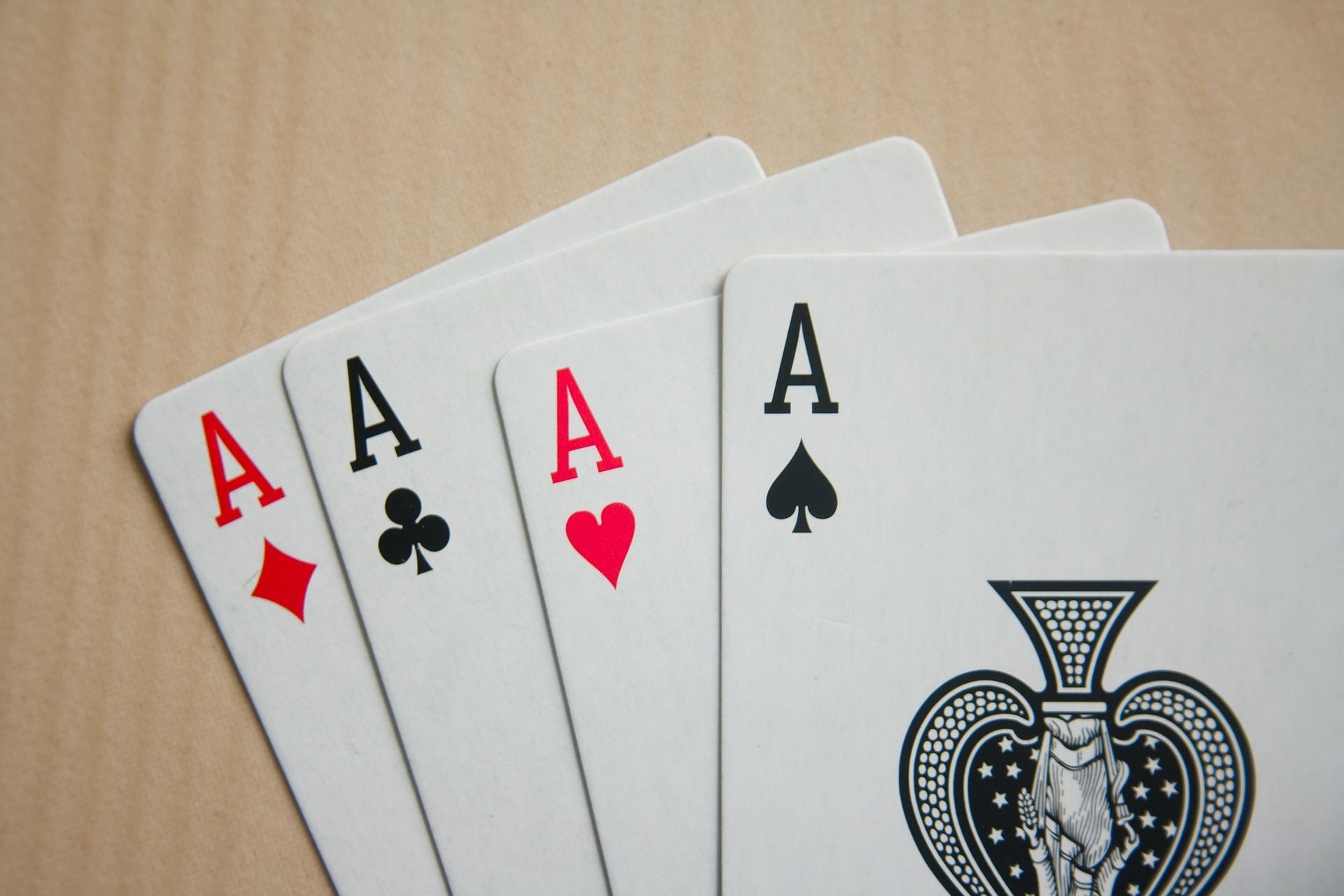Reciprocation = Trading not Transactions
Reciprocation is not transactional.
"I do you a favour so you owe me one in return."
That is not the right way to see it.
People often tell you that reciprocation is transactional - Favours granted versus favours owed. That is wrong. It is a much more fundamental human condition than that.
It is more like - 'I do "business" with this person, therefore they are a valuable part of my network.
Therefore this is a trading relationship, it is something which I will gain from. I need to invest in it.'
This is an ancient and deep seated driver in the social human animal. In every circumstance people need people to divide labour and exploit different skills and resources to their advantage and the greater good. We have evolved to be trading animals and you might argue that is the most important instinct that humans have. The division of labour built the world we live in and the foundation of this division is trading, goods, knowledge, and reputations.
If you are finding it difficult to establish a relationship with a client a boss, or a colleague you might be advised to give them something so that they feel obliged to you. However, if you give them something you are at best only offering a relationship. Even if they accept it the level of obligation on them is minor.
Tributes and charity are not trading.
To explain the problem with these transactional relationships, this think of a Queen and a Beggar. If the Queen gives something to the beggar, it is charity. The beggar has no obligation to return the favour - a simple thank you will do. There is no trading relationship. If the beggar gives something to the Queen this is just a tribute. It is a recognition of the higher status and power balance in the relationship. Any thanks from the Queen is just to say 'I acknowledge your lower status and I'm pleased that you understand your place."
In corporate life the ticket to a sporting event given to a Client is generally a tribute. A public mention of the efforts of a junior is charity. Polite people will say 'thanks' but they don't have a relationship. It is nice, but it is not very powerful.
It is the exchange of favours or goods that make the relationship become reciprocal, that make it a trading relationship.
If you get your target to give you something valuable, you are in a trading relationship. This is sealed when you give something in return.
How do you get away from the status signalling of tributes and charity to enter the realm of a trading relationship?
The first point to note is that if you get your target to give you something first
you are almost there. If you are the first to give something you need to be sure of receiving something in return - that is closely related, and equally valuable to what you have given. You need to ensure what you receive is not charity - from a higher status target, or a tribute - from someone junior to you.
The combination of these four steps in this sequence will establish a real trading relationship:
- Attention/listening (recognising what the target chooses to value),
- Complimenting (expressing respect for these choices),
- Receiving (asking the target to give you something)
- Returning (giving something valuable in return)
Steps 1 to 3 will pretty much guarantee that you have established a trading relationship. Step four just seals the deal and confirms your target's decision that you are a valuable trading partner.
An nice example of this is Benjamin Franklin, who won over a political opponent who constantly spoke against him by careful research and subtle trading. He realised that his opponent was very proud of his library and chose a rare book that he possessed. He then approached his target with a compliment on his reputation for learning and on the breadth and depth of his personal collection of books. He asked if he could borrow a specific book which was of great interest to him. The opponent was keen to acknowledge and lent Benjamin Franklin the book. From that point on the opponent become civil and supportive.
Franklin noted that he had not returned the favour before the relationship had changed. It changed when the target began trading.
So, where the relationship matters to you, get outside the give-and-take of transactional relationships and get into a real reciprocal relationship - a trading relationship.



